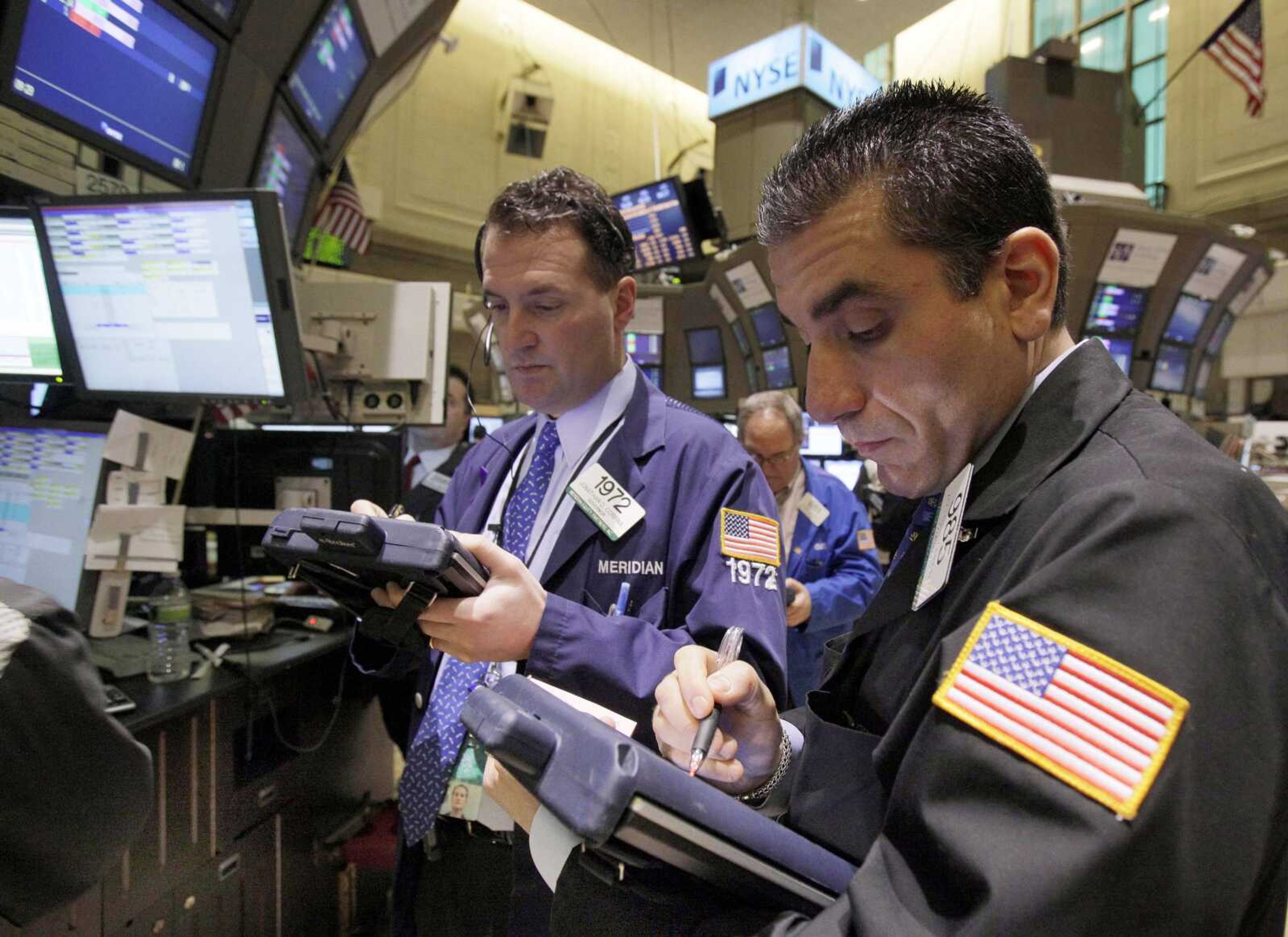Nuclear crisis affects global markets
NEW YORK -- Stocks fell sharply Tuesday as the nuclear crisis in Japan weighed on global markets. The stock market dropped at the start of trading on news that dangerous levels of radiation were leaking from a crippled nuclear plant. The plant was damaged in last week's earthquake and tsunami. Japan, the world's third-largest economy, accounts for 10 percent of U.S. exports...
NEW YORK -- Stocks fell sharply Tuesday as the nuclear crisis in Japan weighed on global markets.
The stock market dropped at the start of trading on news that dangerous levels of radiation were leaking from a crippled nuclear plant. The plant was damaged in last week's earthquake and tsunami. Japan, the world's third-largest economy, accounts for 10 percent of U.S. exports.
Peter Cardillo, chief market economist at New York-based brokerage house Avalon Partners, said fear had taken hold in the market.
"It's a situation where you sell, and you ask questions later," he said.
Intel Corp., National Semiconductor Corp. and other chip makers were among the biggest losers. Many technology companies are dependent on Japanese factories for their products or components. Insurance companies that do business in Japan, like Aflac Inc., also fell sharply.
The Federal Reserve's statement that the economy is on firmer footing gave stocks some support.
After falling as much as 297 points, the Dow recovered and ended the day down 137.74, or 1.1 percent, to close at 11,885.42.
The Standard & Poor's 500 index lost 14.52, or 1.1 percent, to 1,281.87. The Nasdaq composite index fell 33.64, or 1.2 percent, to 2,667.33.
Investors sought the relative safety of U.S. Treasurys, sending prices higher and yields lower. The yield on the 10-year Treasury note dropped as low as 3.20 percent in overnight trading. That's the lowest yield on the 10-year note this year.
Treasury prices soared as stocks plunged during the financial crisis. Treasurys have fallen as the economy has gathered strength and stocks have recovered, but events like the Japanese quake and tsunami send investors in search of safer places to put their money.
Tuesday's trading showed what happens to stocks when investors don't have answers yet about a crisis. The extent of the damage from the quake and the tsunami isn't yet known. And so the ieffect on the country and its trading partners may not be known for some time.
Stocks have been fluctuating sharply since the quake. The Dow fell 228 points Thursday, and came back 59 points Friday. The market has a long history of bouncing back after a big drop. But an extended period of volatility is likely until the situation in Japan becomes clear.
All 10 company groups in the S&P 500 fell Tuesday. Technology stocks fared worst, falling 1.6 percent. Power outages have made it nearly impossible for Japanese factories to produce semiconductors and other electronics, said Kim Caughey Forrest, equity research analyst at Fort Pitt Capital Group.
Intel fell 3.2 percent, the most of any stock in the Dow average. National Semiconductor also fell 3 percent.
Energy stocks also fell as the price of oil dropped below $100 a barrel as analysts anticipated lower demand because of the earthquake. Exxon Mobil Corp. fell 1.2 percent.
Among insurers, Aflac was down 5.6 percent. The health and life insurance company does about 75 percent of its business in Japan, but said it was well prepared to handle claims in the country.
Nearly four stocks fell for every one that rose on the New York Stock Exchange. Trading volume was 1.3 billion shares.
Connect with the Southeast Missourian Newsroom:
For corrections to this story or other insights for the editor, click here. To submit a letter to the editor, click here. To learn about the Southeast Missourian’s AI Policy, click here.









